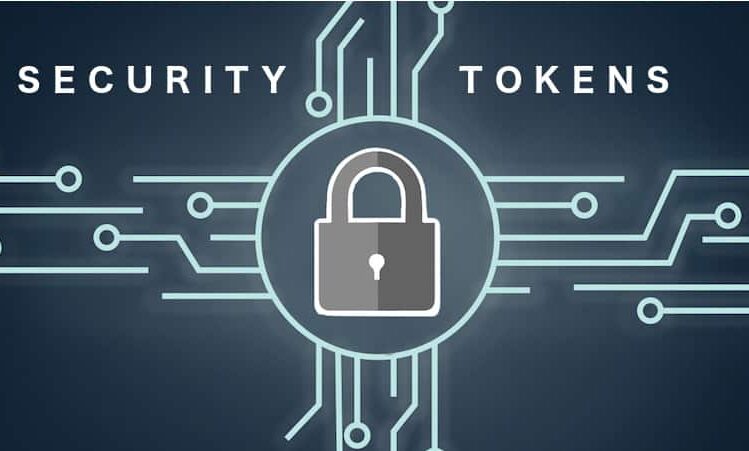Financial regulators in South Korea are working to bring security tokens into the scope of the country’s capital markets rules.
South Korea’s Financial Services Commission (FSC) on Monday published guidelines on which blockchain-based iterations of traditional securities, known as security tokens, will qualify for regulation under the country’s capital markets rules.
The guidance comes ahead of highly anticipated regulations that will institutionalize security tokens.
South Korea is working to regulate the crypto and blockchain sector comprehensively, with lawmakers of the country’s National Assembly considering 17 separate crypto-related legislative frameworks. The discussions are aimed at creating the Digital Asset Basic Act (DABA), an all-encompassing legal framework for regulating Korea’s dynamic crypto industry.
Security tokens refer to the digitalization of securities under the Capital Markets Act using distributed ledger technology, according to the guidance, and will apply only to digital assets that qualify. The guidance clarifies that stablecoins, which are crypto pegged to the value of other currencies such as the U.S. dollar and are used for payments or as a medium of exchange, will likely not fall under the definition of securities. Digital assets that have no issuer and do not have to “fulfill the obligations commensurate with the investor’s rights,” will also likely fall outside of the scope of security tokens.
“On the other hand, digital assets corresponding to securities must be issued and distributed in compliance with all securities regulations under the Capital Markets Act,” the FSC said.
The planned rules are aimed at supporting innovation while ensuring consumer protection, according to the guidelines.
“During the first half of 2023, we will promote institutionalization by submitting amendments to the Electronic Securities Act and Capital Markets Act to the National Assembly,” the FSC said.
